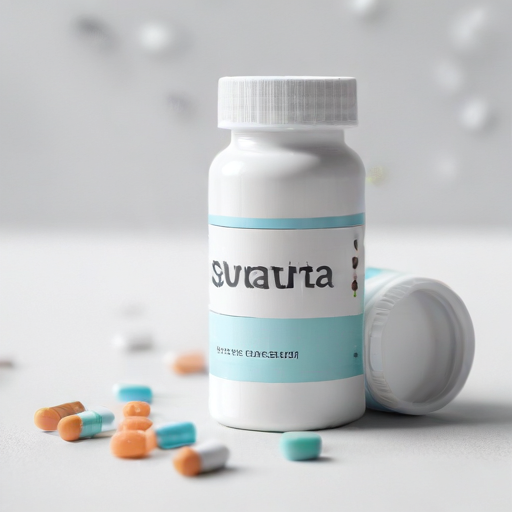Johnson & Johnson announced on Monday that it has filed an application with the U.S. Food and Drug Administration (FDA) to expand the use of its ketamine-based medication, Spravato, allowing it to be utilized as a standalone therapy for treatment-resistant depression.
Initially approved in 2019, Spravato was designed to be used in conjunction with an oral antidepressant for patients who had not seen improvement after trying two or more antidepressants. With an estimated 30% of the 280 million individuals worldwide suffering from major depressive disorder experiencing treatment-resistant depression, the application reflects a significant advance in options available to patients in this category.
Bill Martin, head of neuroscience at Johnson & Johnson, emphasized the challenges that many patients face when seeking effective treatment. He stated that these individuals often endure prolonged periods trying multiple therapies that do not alleviate their symptoms, leading to a considerable emotional and functional burden for both patients and their families.
The application to the FDA is backed by data from a late-stage clinical trial that demonstrated Spravato’s efficacy as a standalone treatment, with improvements in symptoms reported as early as 24 hours after administration, and sustained relief for up to four weeks. Spravato is delivered as a nasal spray under the supervision of a healthcare professional, differing from traditional antidepressants that work by modulating serotonin and dopamine levels. Instead, Spravato enhances glutamate activity, the brain’s most prevalent neurotransmitter, facilitating better communication between neurons.
Sales figures indicate a robust demand for Spravato, with a remarkable 60% increase to $271 million in the second quarter of 2023 compared to the same period last year. It has reached approximately 100,000 patients across 77 countries, showcasing its growing acceptance and effectiveness in treating depression.
This progression in treatment options for resistant depression is a hopeful sign for those affected, potentially offering new avenues for recovery and improved quality of life. As awareness and understanding of treatment-resistant depression evolve, innovations like Spravato pave the way for a brighter future for individuals struggling with this challenging condition.
